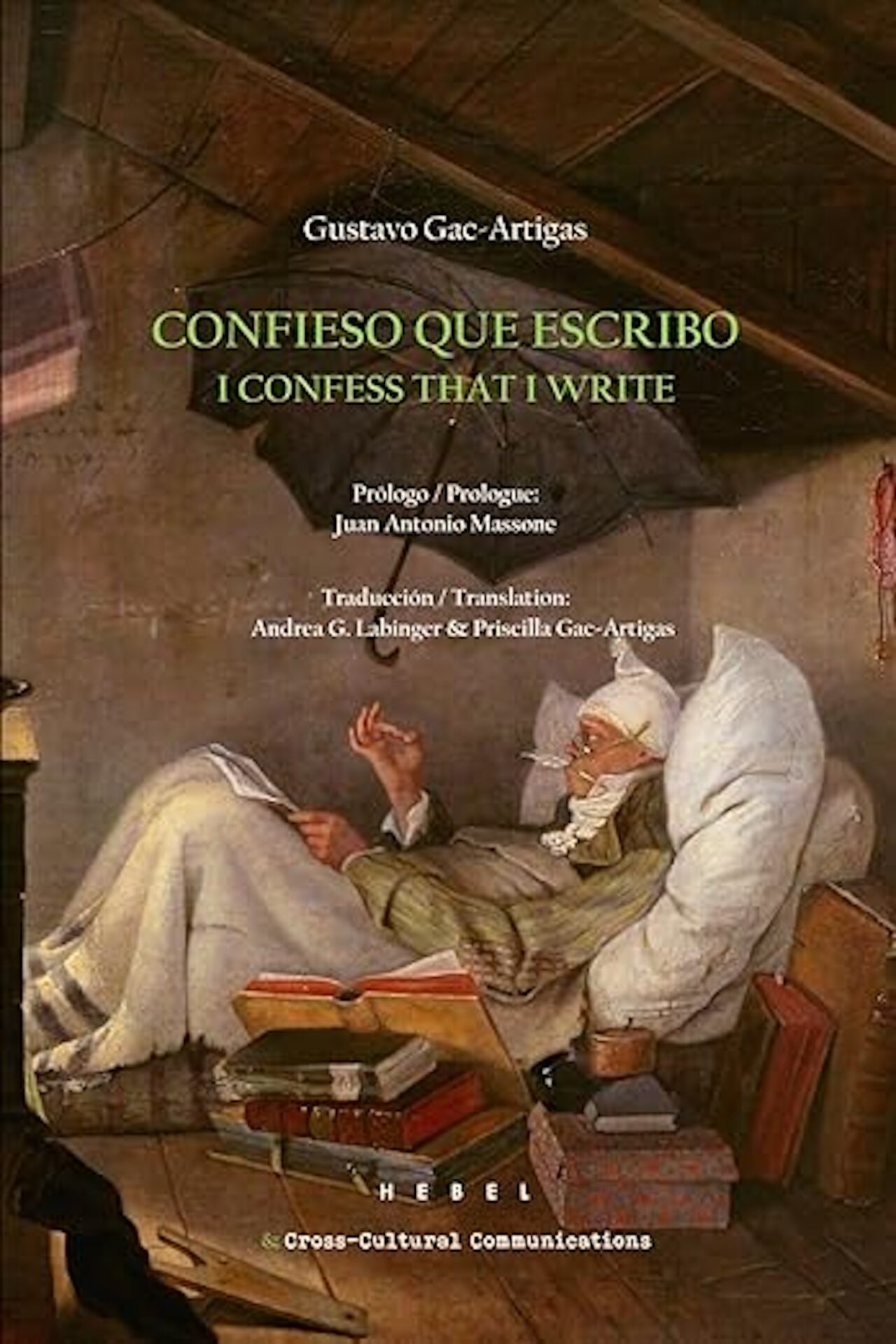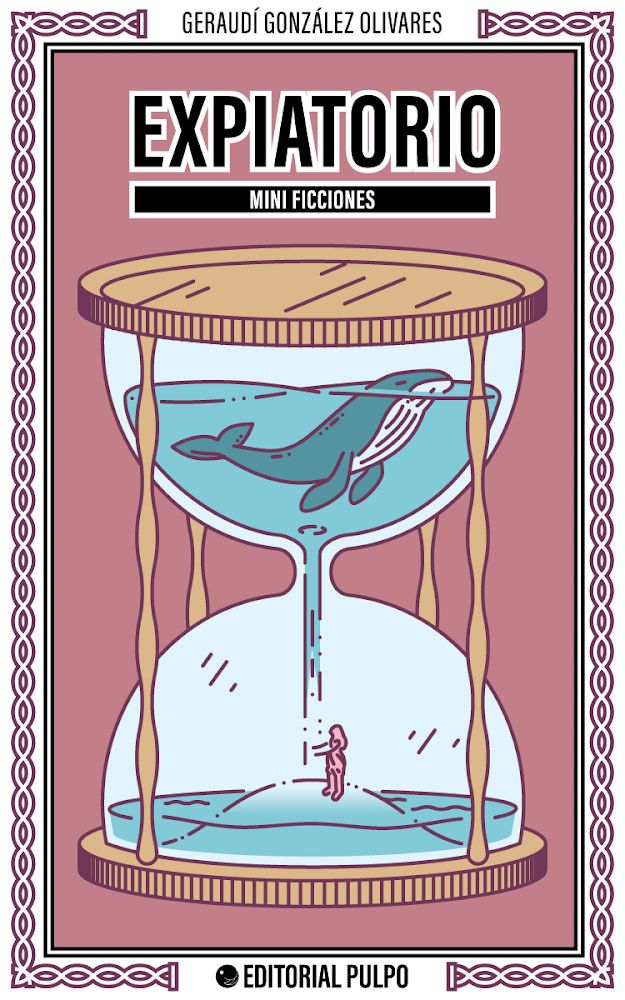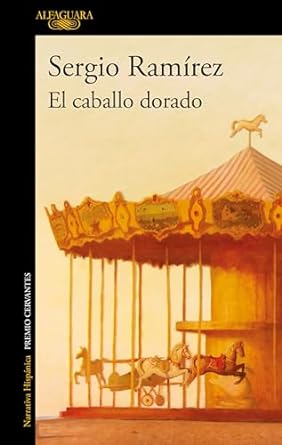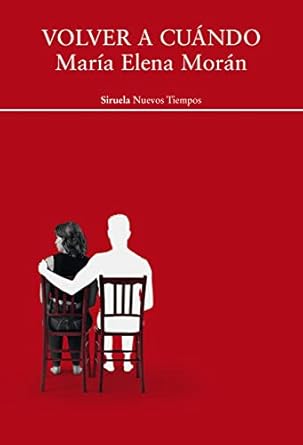La naturaleza química de las emanaciones. Mariana Libertad Suárez. Lima: Colección Lima Lee, 2020. 39 pages.
More than an “Éxodo,” an exodus, the title of the book’s first poem, Mariana Libertad Suárez sets out a post-apocalyptic inventory: the first verse is a verb, the verb estallar [to burst] conjugated in the second person, and immediately what has been saved is enumerated. Mariana enumerates what is small (objects and displays of affection), as if those few insignificant objects, surely battered, really matter; as if they had the necessary dignity to enter this reduced list of what is salvageable. With this endeavor, the author coins a hallmark in La naturaleza química de las emanaciones (Colección Lima Lee, 2020), her third collection of poems.
If in this scenario there is only room for the remains, the wastes that were saved, we cannot expect an optimistic outlook. What can be required of it? Nothing festive, we can be sure of this; what we find is an evidently serious tone, in which fortitude is the only possible route. The poetic voice must speak with the tone of overcoming, of acceptance, the one that comes after mourning (not from an eighteenth-century duel to the death, with swords or firearms, but mourning in the face of the death of a loved one). And this is not mourning in the face of the physical loss of a single man or a single woman but a universal, cosmogonic, anthropological, geographical, global mourning: a holocaust, a volcanic tragedy (“procesos eruptivos” [eruptive processes] the author says, almost at the end of the book), a sidereal collision that puts an end to almost everything: “olemos la carne chamuscada después de la hecatombe” [we smell the scorched meat after the hecatomb].
Nothing seems to be left out, nothing is far from the radar of the eye that remembers and registers. This eye goes backwards and forwards, and prefers to go back centuries, to some year of Ancient Greece, among the spoils or ruinous remains of Troy: “en el fondo de mi glotis// consigue concatenar cien mil historias: los pasados, los encuentros, las singularidades moribundas, las pieles hasta entonces no creadas” [at the bottom of my glottis// it manages to concatenate a hundred thousand stories: the past, the encounters, the dying singularities, the skins uncreated hitherto]. It is the tragic scene of Aegeus on the cliff, in the face of the fatal confusion generated by the negligence of his son Theseus, who forgets to change the flag. Gods, demigods, heroes, characters from the cast of myth who never exhaust their possibilities of expression. It is a quarry that Mariana Libertad makes good use of: she takes advantage of some of these characters and takes advantage of the grave atmospheres that Greek tragedy, tragedy as a mother genre, can offer as a legacy. This gains greater emphasis when Mariana looks at the present from the metaphor: the Venezuelan migrant tragedy of this century or acts of gender violence, sufferings the poet has confronted over the course of her investigation.
Mariana’s language is cultured; she goes to cultural references that force the reader to be more attentive, to reread. Not only what is exposed in the poem but in the selection of certain words we only find in books, never in contexts of living speech. They are short poems of prudent opulence, or rather scholia, which, from the formal, act with free verse and go towards measured verse (as in the sonnet “Noviembre”).
This book has three sections, three elements of nature: Earth, Air, and Fire. Mariana leaves out the element of Water—we know not for what reasons, as if through this omission she wanted to avoid a flooded nexus.
Néstor Mendoza
Translated by Stephani Rodríguez







